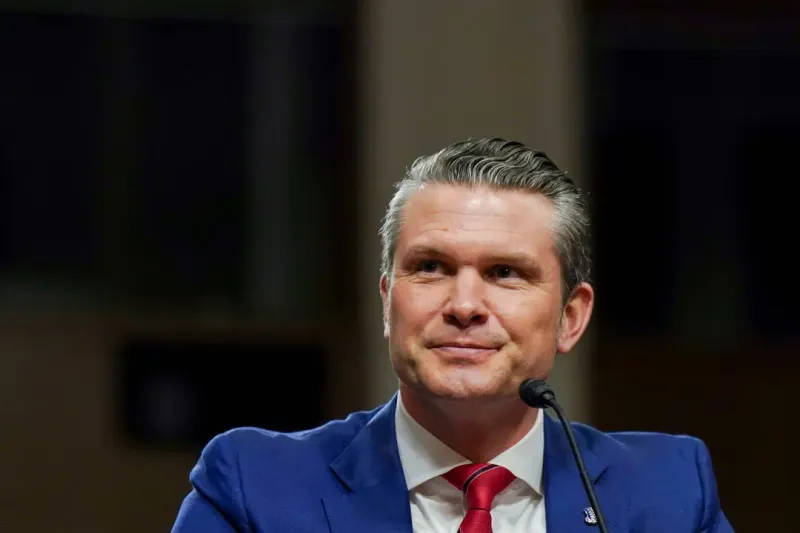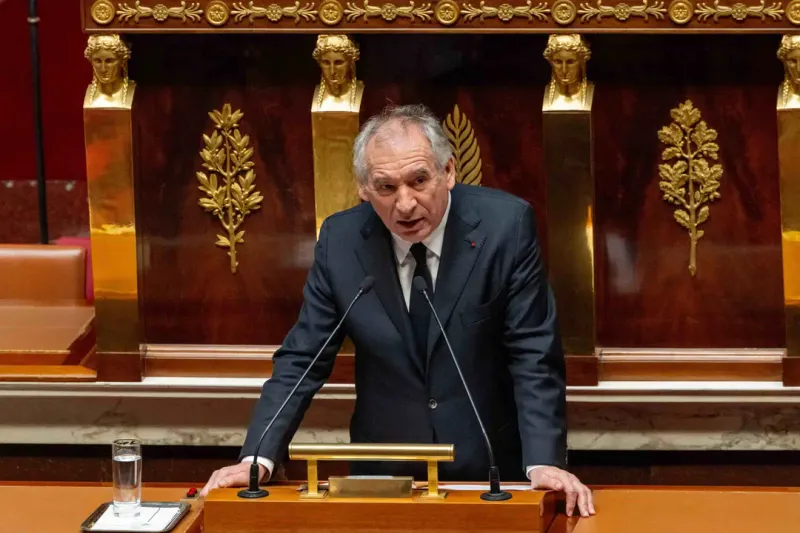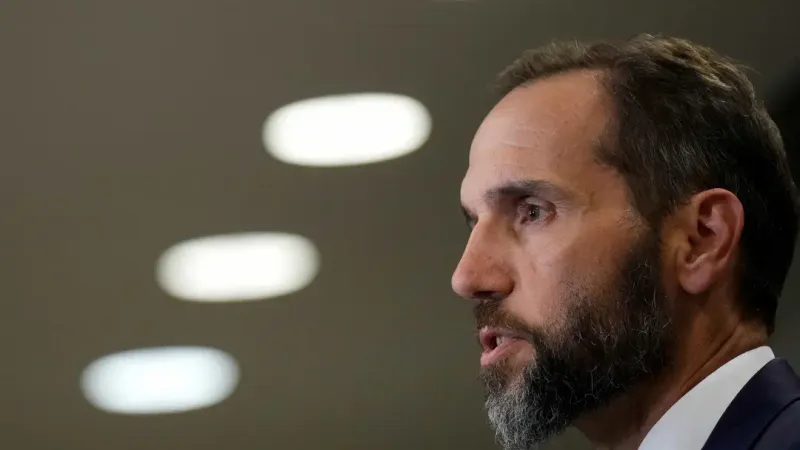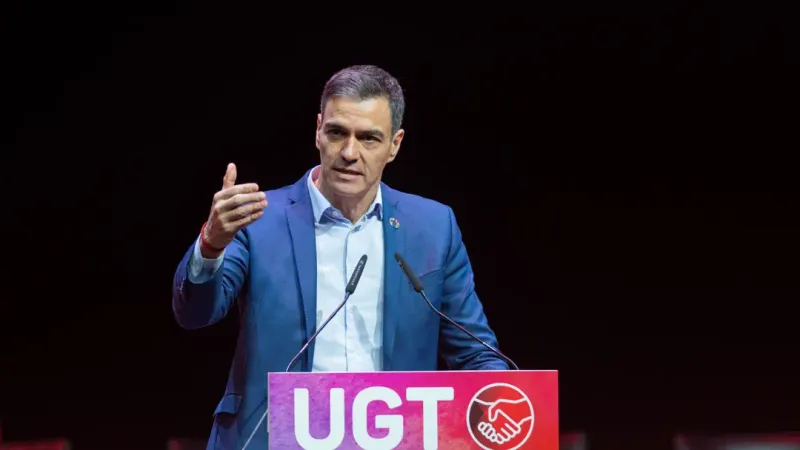Liberia Presidential Election Likely Heading to Run-Off
Following data released by Liberia's National Elections Commission, the West African nation country is set to enter a runoff presidential between President George Weah and former Vice President Joseph Boakai....

Facts
- Following data released by Liberia's National Elections Commission, the West African nation country is set to enter a runoff presidential between President George Weah and former Vice President Joseph Boakai.1
- As of Oct. 16, Boakai sat ahead of Weah in the polls by 0.05% — leading with 43.70% (748,463) to 43.65% (747,578) with 92.82% of votes having been counted after Liberians went to the polls on Oct. 10. This comes after Boaki had trailed Weah for the past three days, down as much as 13,758 votes on Oct. 14.2
- The latest results, announced by Davidetta Browne-Lansannah, chairperson for the Commission, were taken from 5,467 of the 5,890 total polling stations. The required runoff election will take place in November.3
- In a statement made on Sunday, the Economic Community of West African States (ECOWAS) called for the continuation of a 'peaceful and credible electoral process.' This came after it had been 'informed that certain actors are attempting to declare themselves victorious prematurely or to exert undue pressure' on the Commission.4
- The election, which is the first to be held without a UN peacekeeping presence following its withdrawal in 2018, is for a six-year presidential term. Peacekeepers were deployed after approximately 250K individuals died throughout two civil wars between 1989 and 2003.5
- This follows Weah's victory over Boakai by a margin of 61.5% to 38.5% in a runoff during the country's 2017 elections, having initially amassed 38.4% and 28.8% of votes, respectively. Weah has rejected Boakai's claims that his first term has gone downhill, citing accomplishments such as introducing free university tuition.6
Sources: 1VOA, 2Liberian Observer, 3Front Page Africa, 4Africa News, 5Al Jazeera and 6BBC News.
Narratives
- Narrative A, as provided by African Arguments. Following empty promises and an unsuccessful first term as president, it's time for Weah to go. A poor economy and unchecked corruption remain Liberia's primary concerns six years later, and Weah has only shown that he's not adept at finding solutions to these problems. As the threat of military coups continues to loom over many West African states, Liberia must use its democratic autonomy to vote for positive change instead of the status quo.
- Narrative B, as provided by Liberia News Agency. With a peaceful election process following a successful campaign, Weah has reaffirmed his continued commitment to driving Liberia forward. Meanwhile, Boakai's public displays hint at a candidate not ready to take the reigns of governance yet. Weah continues to be backed by first-time voters and the youth, which may prove pivotal for the incumbent president.






